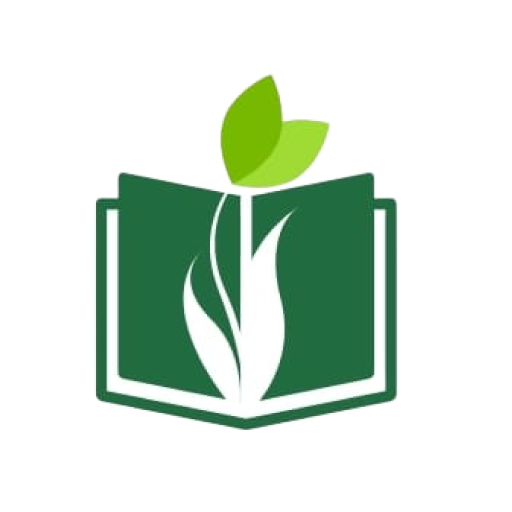
How Modern Technology is Transforming Traditional Farming in Nepal
By: Madhav Rao Devraj, Agriculture Consultant
Published on: March 22, 2025
Introduction
Agriculture has been the backbone of Nepal’s economy for centuries. However, traditional farming methods, while effective in the past, have often been inefficient and labor-intensive. With the rise of modern technology, Nepalese farmers are now gaining access to innovative tools that are transforming the way they farm. From precision agriculture to mobile apps and automated irrigation, modern technology is making farming more efficient, sustainable, and profitable.
The Role of Modern Technology in Nepalese Farming
1. Precision farming
Precision farming uses technology such as GPS, drones, and sensors to monitor and manage agricultural practices more effectively. For Nepalese farmers, these technologies allow for:
- Accurate data collection: Drones and sensors provide real-time data on soil health, crop growth, and pest levels, helping farmers make informed decisions.
- Resource optimization: GPS-guided equipment can help reduce waste and improve efficiency, ensuring optimal use of water, fertilizers, and pesticides.
- This level of precision results in higher yields, reduced costs, and improved sustainability.
2. Mobile Apps and E-commerce Platforms
With the widespread use of smartphones in Nepal, mobile apps and e-commerce platforms have revolutionized how farmers access information and markets. Key advantages include:
- Market Access: Apps like KisanHub and MeroMarket allow farmers to connect with buyers, bypassing middlemen and securing better prices.
- Agricultural Advice: Farmers can access real-time weather forecasts, crop management tips, and expert advice on their phones, helping them make smarter farming decisions.
- These digital tools empower farmers by providing them with valuable insights and improved access to markets.
3. Automated Irrigation Systems
Water scarcity is a significant challenge in Nepal, particularly during dry seasons. Modern irrigation systems, like drip and sprinkler systems, offer efficient water management. By using sensors to monitor soil moisture levels, these systems:
- Minimize water waste: Water is delivered directly to the plant roots, ensuring that crops receive the necessary moisture without overuse.
- Increase crop yields: Consistent watering promotes better growth and higher yields, even in areas with limited water supply.
- Automated irrigation systems are a sustainable solution that conserves water and enhances agricultural productivity.
4. Mechanization and Machinery
Traditionally, Nepalese farmers have relied on manual labor for tasks like plowing, sowing, and harvesting. However, the introduction of modern machinery has significantly increased efficiency. Tractors, combine harvesters, and seed drills reduce the time and labor required for farming, allowing farmers to:
- Increase productivity: With mechanized tools, tasks are completed faster, leading to higher output.
- Improve quality: Machines ensure uniformity in planting and harvesting, improving crop quality.
While the initial investment in machinery may be high, the long-term benefits in terms of time, labor, and productivity make it a worthwhile choice for many farmers.
5. Biotechnology and Improved Seeds
Advancements in biotechnology have led to the development of high-yield and disease-resistant seed varieties. In Nepal, this technology is helping farmers grow more resilient crops that are better suited to changing weather conditions. Benefits include:
- Disease resistance: Genetically modified seeds can resist pests and diseases, reducing the need for chemical pesticides.
- Higher yields: Improved seeds produce more robust crops, which can increase overall farm productivity.
Biotechnology is particularly important in regions of Nepal prone to unpredictable weather patterns, offering a way to ensure food security and economic stability. Challenges and the Way Forward
Conclusion
Modern technology is reshaping the agricultural landscape in Nepal, offering solutions that increase productivity, reduce costs, and make farming more sustainable. With the right support and access to technology, Nepalese farmers can overcome traditional barriers and unlock their full potential. As agriculture continues to evolve, embracing technology will be key to building a more resilient and prosperous farming sector in Nepal.


